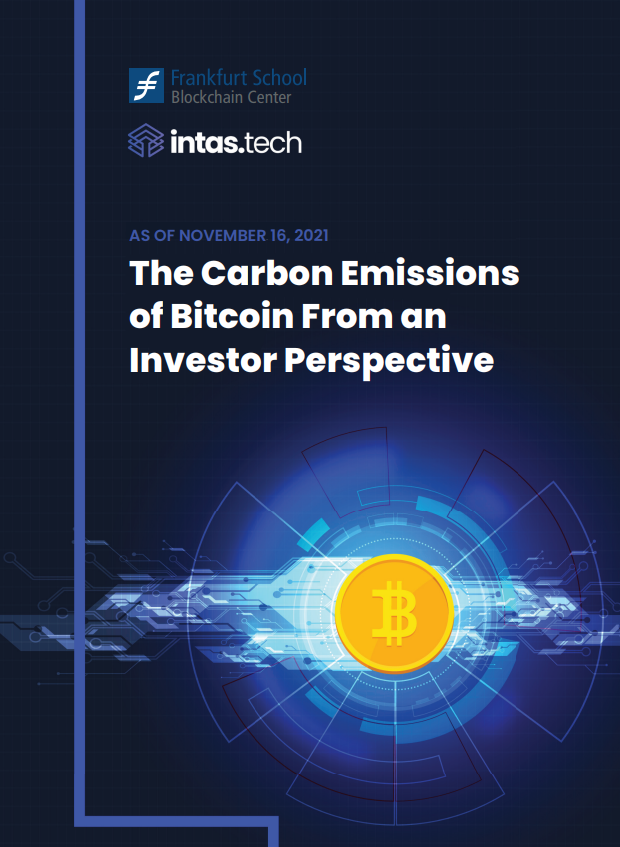Methodology – How to Invest Sustainably in Bitcoin
We use a transaction-based methodology that has been developed by the Frankfurt School Blockchain Center (FSBC) to determine the carbon footprint of the cryptomining process linked to our exchange traded products (ETPs). This methodology is currently the most transparent method for holders of Bitcoin and users of corresponding blockchains.
intas.tech, a spin-off of FSBC and Plutoneo Consulting, periodically calculates the CO2 footprint for DDA, so these emissions may be offset in the long term. This is accomplished through the purchase of CO2 certificates supporting impact-oriented projects that have been tested and certified by renowned climate and nature conservation groups.

How We make DDA Physical Bitcoin ETP Carbon Neutral
DDA offsets the DDA Physical Bitcoin ETP’s ongoing carbon footprint on an ongoing basis helping investors achieve their sustainability goals. According to the transaction-based methodology by the Frankfurt School Blockchain Center, DDA Physical Bitcoin ETP generated a carbon footprint of approximately:
- 37 tonnes of carbon dioxide equivalent (tCO2eq) over the analyzed period from 15 April to 30 June 2021 (Q2 2021)
- 90 tonnes of carbon dioxide equivalent (tCO2eq) for the period from 1 July 2021 to 31 December 2022
Since the launch of the product in early 2021, together with CTX Carbon Exchange, a leading global spot trading platform for voluntary carbon credit, DDA has offset 140 tonnes of carbon dioxide equivalent (tCO2eq) by permanently removing (“retiring”) the carbon credits from circulation.
As a crypto and digital asset manager, we enable environmentally conscious investing in crypto assets and provide sustainable investment opportunities for those interested in investing in Bitcoin.
Downloads

About the Study: Carbon Emissions of Bitcoin from an Investor Perspective
In this study, the Frankfurt School Blockchain Centre addresses together with intas.tech one of the most impactful criticisms of Bitcoin – its electricity consumption. This study analyzes the current global CO2 footprint caused by the Bitcoin network and outlines a new approach to offset the CO2 emissions.






